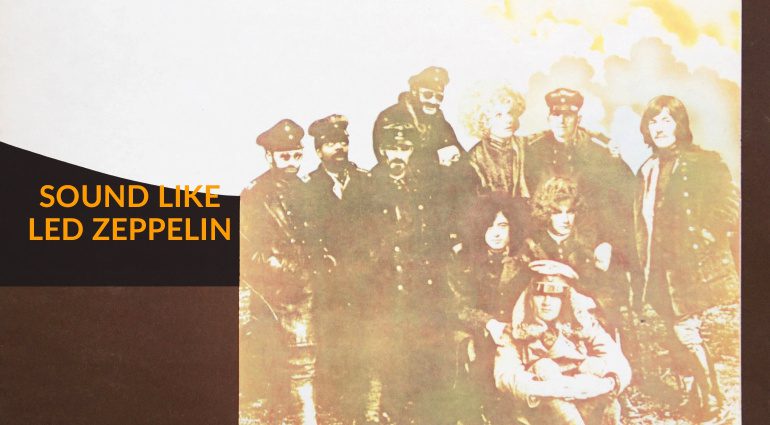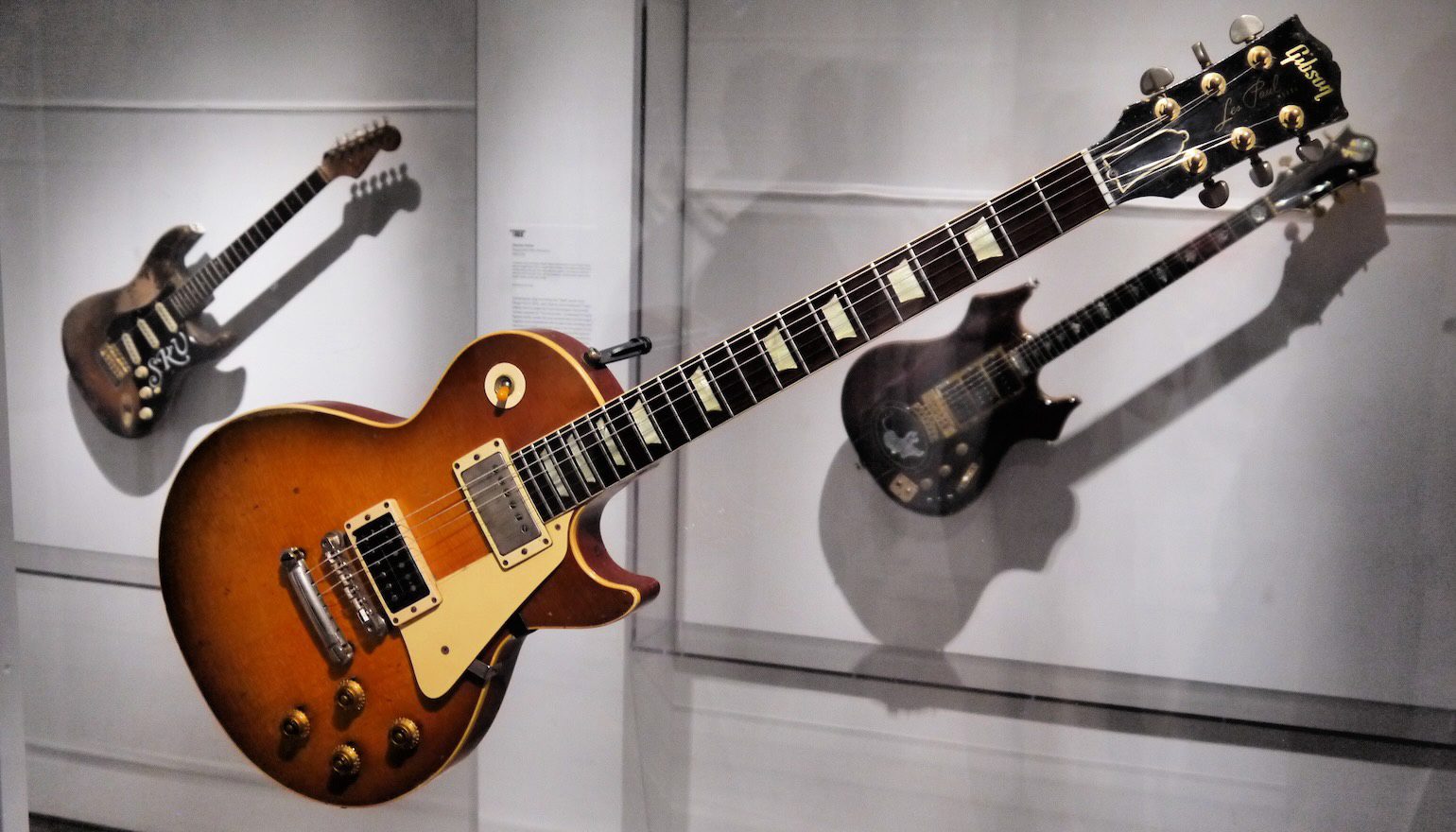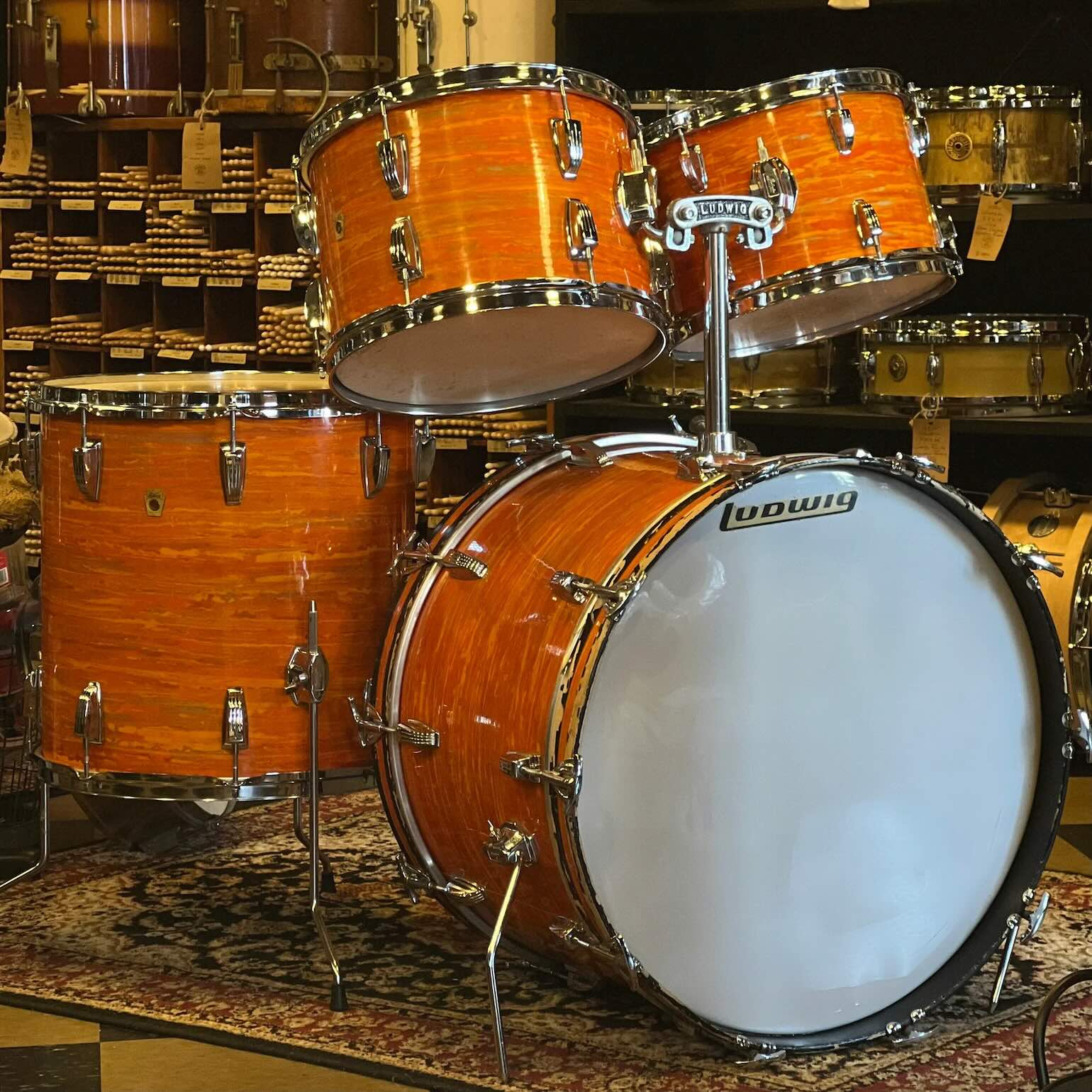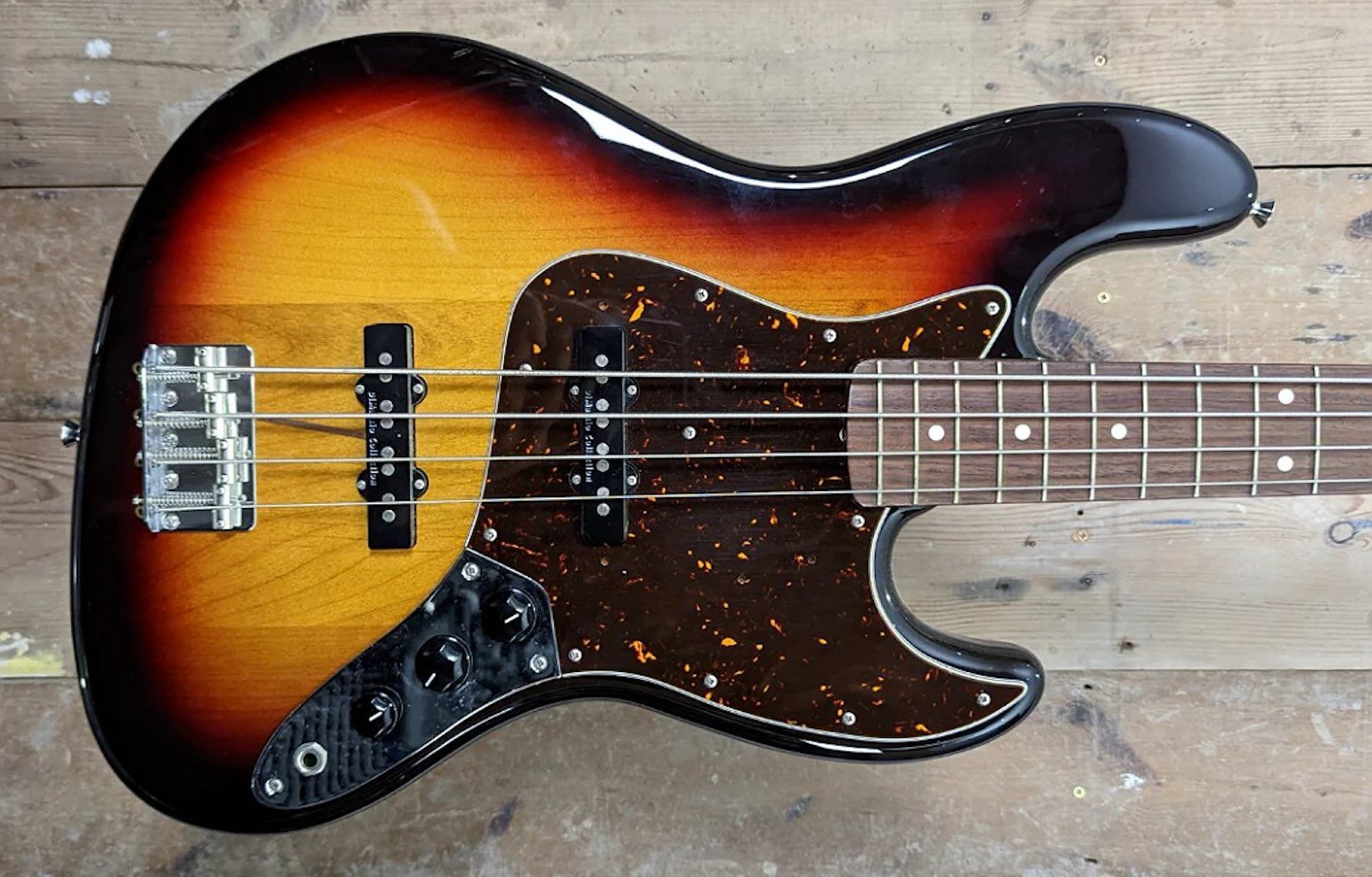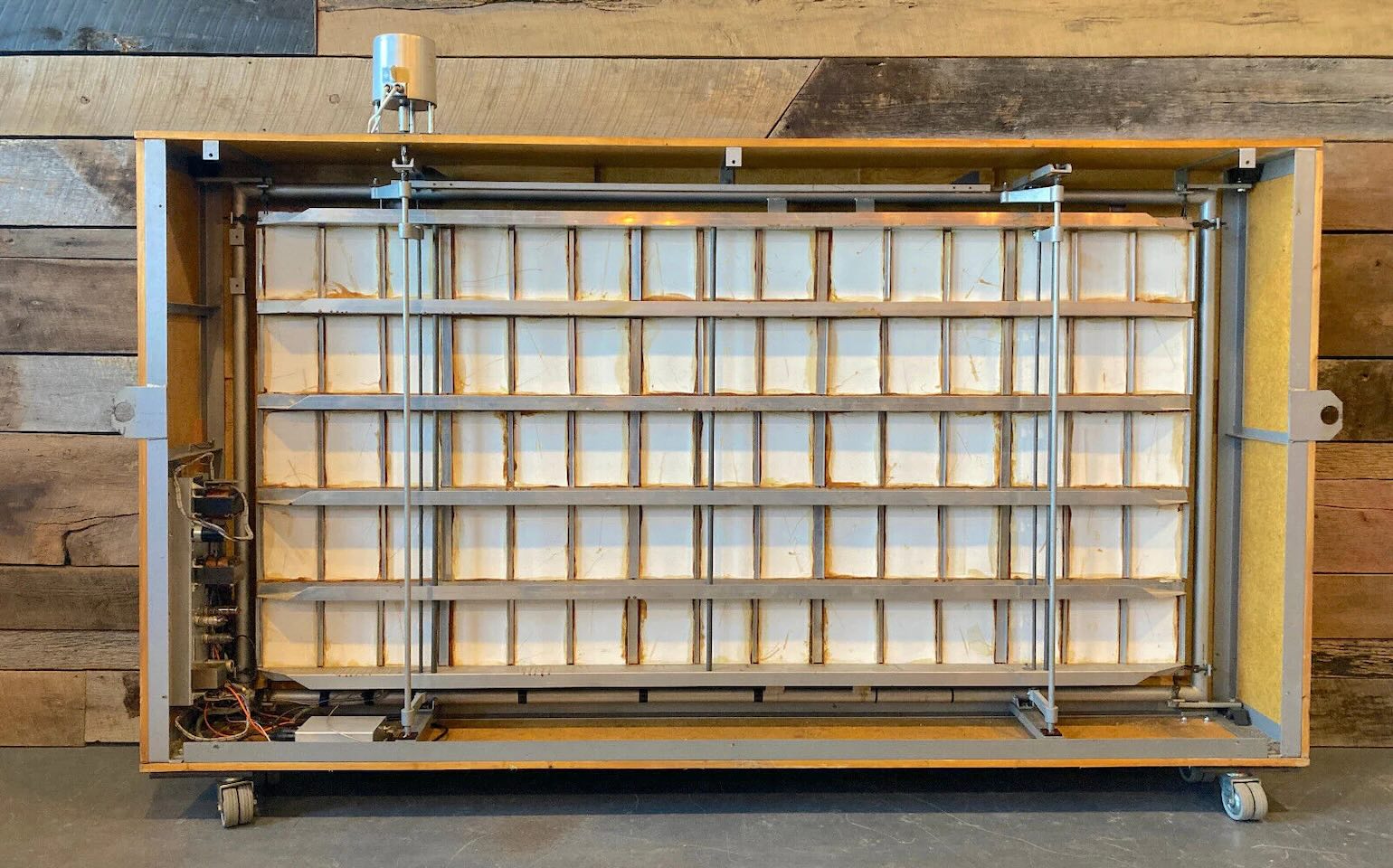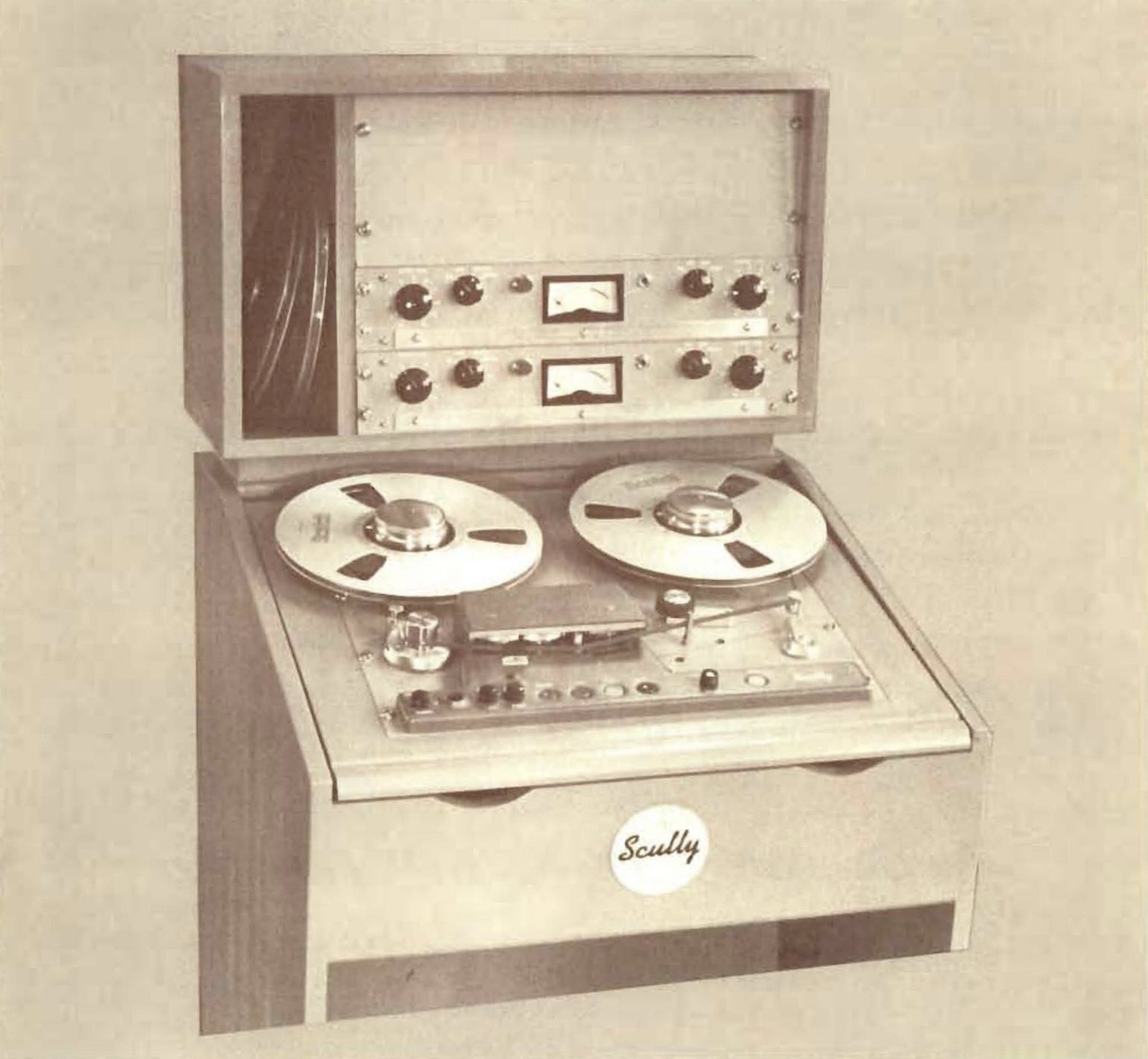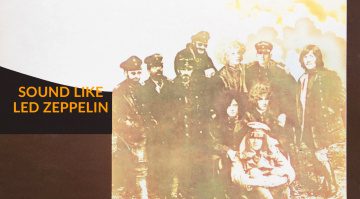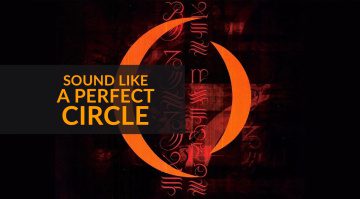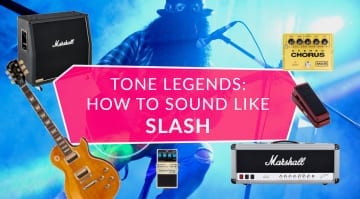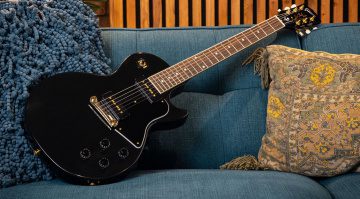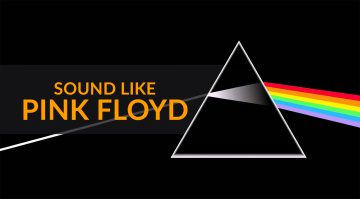Rock Legends: How To Sound Like Led Zeppelin
Often described as the band’s heaviest album, we look into the recording process behind Led Zeppelin II and find out about some of the gear used in its creation.
As Zeppelin’s second album, II. marked a distinct departure from the soulful, melancholic style of their debut and showcased the high-energy riff-based rock sound that one thinks of when you say “Led Zeppelin”.
Although the album is widely regarded as a classic, the majority of the writing and recording was done while the band was on tour between January and August of 1969.
This certainly had an effect on the musical style. As the band never planned to make a multiplatinum-selling album, the songs were created in preparation for the next tour, which was their primary focus.
The Led Zeppelin Sound
Multiple studios were utilized, including Olympic and Morgan Studios in London, Mirror Sound in Los Angeles, as well as A & R, Juggy Sound, and Atlantic Studios in New York.
The album’s production was spearheaded by Jimmy Page, who also helped Eddie Kramer with the mix and generally had the final word in the decision-making process.
You are currently viewing a placeholder content from Default. To access the actual content, click the button below. Please note that doing so will share data with third-party providers.
1959 Gibson Les Paul
A major change came about when Page decided to switch from a Telecaster to the now iconic 59 Les Paul he bought from Joe Walsh. It was capable of producing sounds with controlled sustain and feedback, which simply wasn’t possible with a Tele.
The neck had been shaved slightly thinner, to encourage more intricate playing, and a push-pull pickup phase switch had been installed, which immediately made it a more exciting instrument.
The 59 Les Paul is still revered today as one of the greatest Gibson guitars of all time, and many Page-inspired guitar heroes have subsequently wielded similar designs.
- More about Gibson


Ludwig Maple Drum Kit
Around 1968, Led Zeppelin often toured with a US psychedelic rock outfit called Vanilla Fudge. The band’s drummer, Carmine Appice, had two 26 x 14-inch bass drums in his setup that gave John Bonham the inspiration for his next drum kit.
With Appice’s help, Bonham landed an endorsement deal with Ludwig and promptly ordered the same dual 26-inch bass drum configuration. This also included a 22-inch bass drum equipped with metal rims for use as a floor tom, an 18×16-inch floor tom, and a 15×12-inch marching tenor drum used as a rack tom.
Considering how hard Bonham hit the drums, capturing this kit would be a challenge in recording sessions. However, it became a key aspect of the Led Zeppelin sound in the years to come.
- More about Ludwig

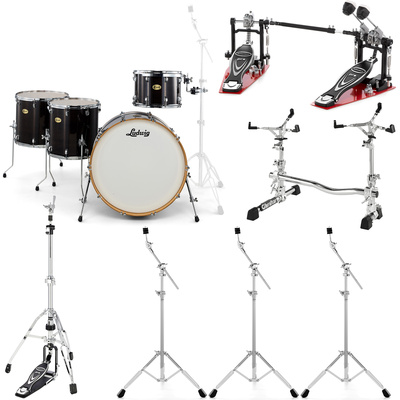
1961 Fender Jazz Bass
Although many sources state that it was a 62, John Paul Jones confirmed that he purchased his 1961 Fender Jazz Bass back in 1964 which became his main instrument for sessions and touring.
The dual single-coil pickups of the J-Bass give it more tonal versatility, as you can blend the signal of the two pickups and create a range of different sounds according to the song you’re working on.
Also, the J-Bass has more midrange growl and bite than its cousin the P-Bass, which certainly suited the Led Zeppelin sound.
- More about Fender


EMT 140
A & R Studios where Kramer and Page mixed Led Zeppelin II had three EMT 140 reverb plates. A German creation introduced in 1957, the EMT 140 used an electromechanical transducer to vibrate a large plate of sheet metal.
Although it may sound like a primitive design, today the EMT 140 is widely regarded as the best plate reverb of all time. It has a rich heritage within recorded music, film, and broadcast and the way it can accentuate natural room sound is quite unique.
You can get many versions of the EMT 140 in plug-in format, like the Soundtoys Superplate which provides a versatile solution for use in modern music production workflows.
- More about Plate Reverb

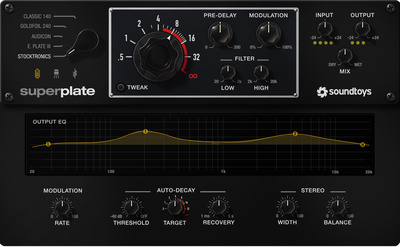
Scully 280
Most of the effects you hear on Led Zepellin II are in fact created with tape machines, which is an astounding fact. It’s hard to imagine creating music without digital effects, but Eddie Kramer was a master with his Scully 280 1-inch 8-track.
The 280 was a solid-state machine introduced in 1965 and quickly became a strong competitor in the market alongside Ampex. The design also won favour with those who liked to edit tape or use tape to create effects like Kramer.
Although it has a unique sound, you no longer need a tape machine to create authentic vintage-style tape effects, and the Strymon Deco Plug-in produces some great results.

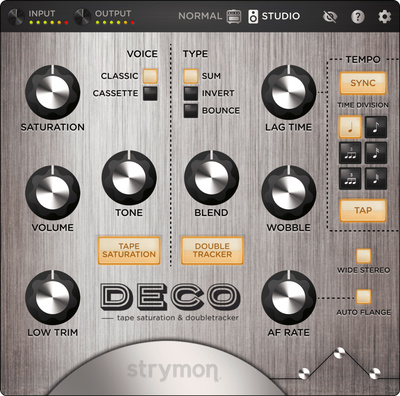
Which of your favourite artists would you like to see in our Sound-alike series? Please let us know in the comments below!
More about Led Zeppelin:
- Official band page
- More Sound-alikes
Video:
You are currently viewing a placeholder content from YouTube. To access the actual content, click the button below. Please note that doing so will share data with third-party providers.
You are currently viewing a placeholder content from YouTube. To access the actual content, click the button below. Please note that doing so will share data with third-party providers.
You are currently viewing a placeholder content from YouTube. To access the actual content, click the button below. Please note that doing so will share data with third-party providers.
*This post contains affiliate links and/or widgets. When you buy a product via our affiliate partner, we receive a small commission that helps support what we do. Don’t worry, you pay the same price. Thanks for your support!

 4,3 / 5,0 |
4,3 / 5,0 | 